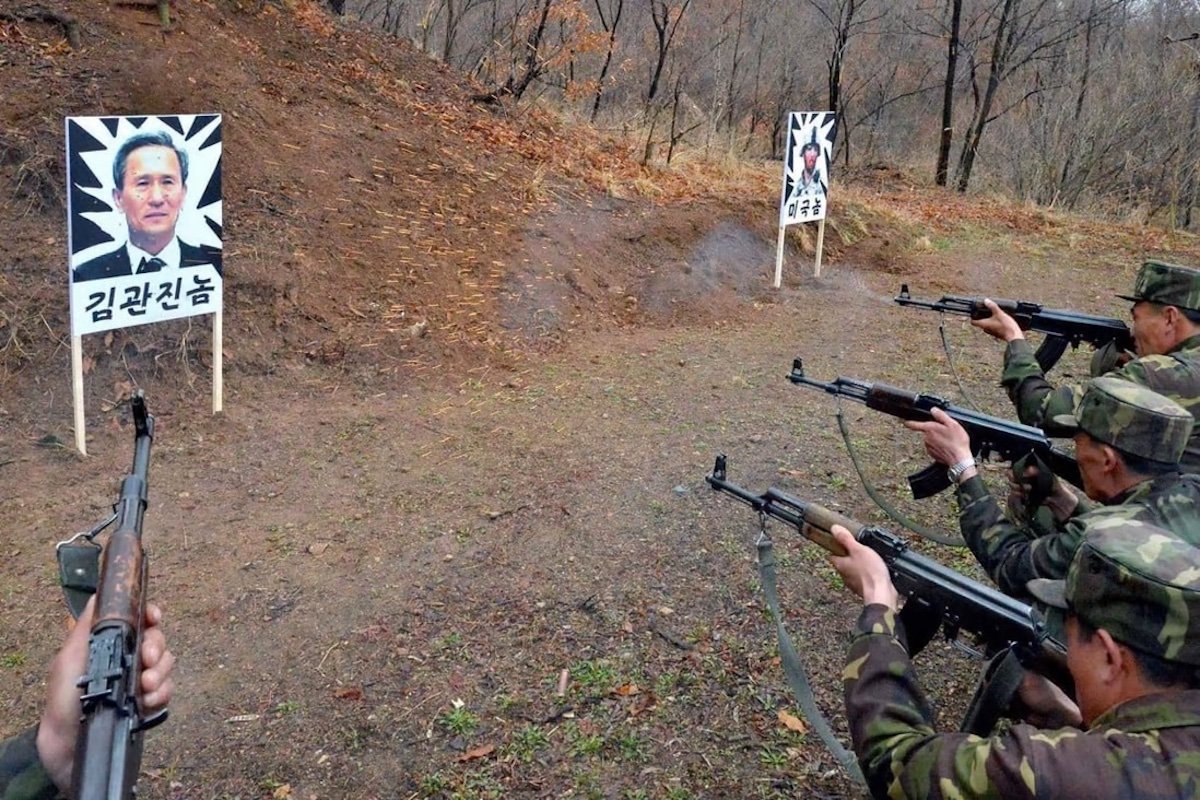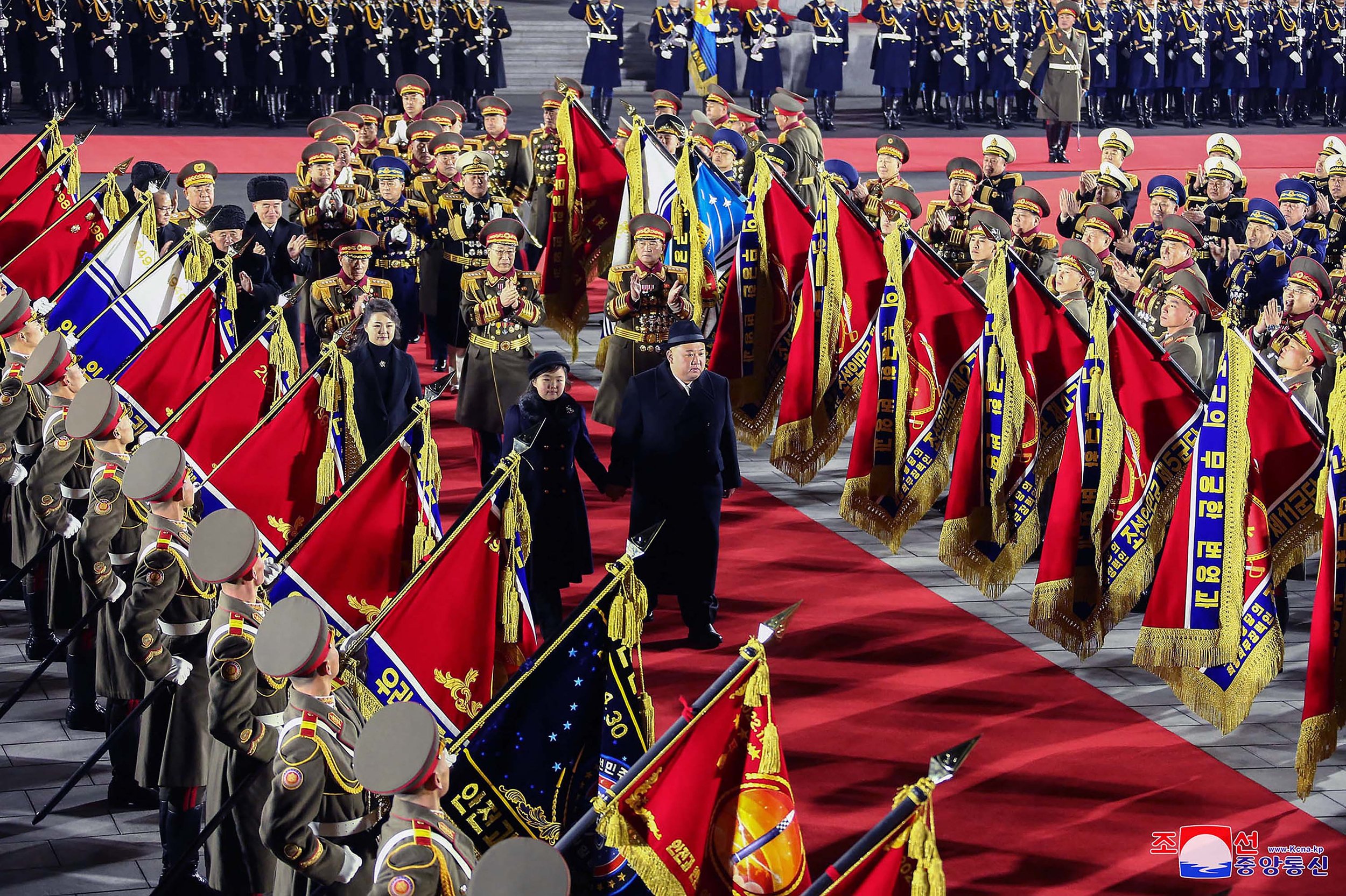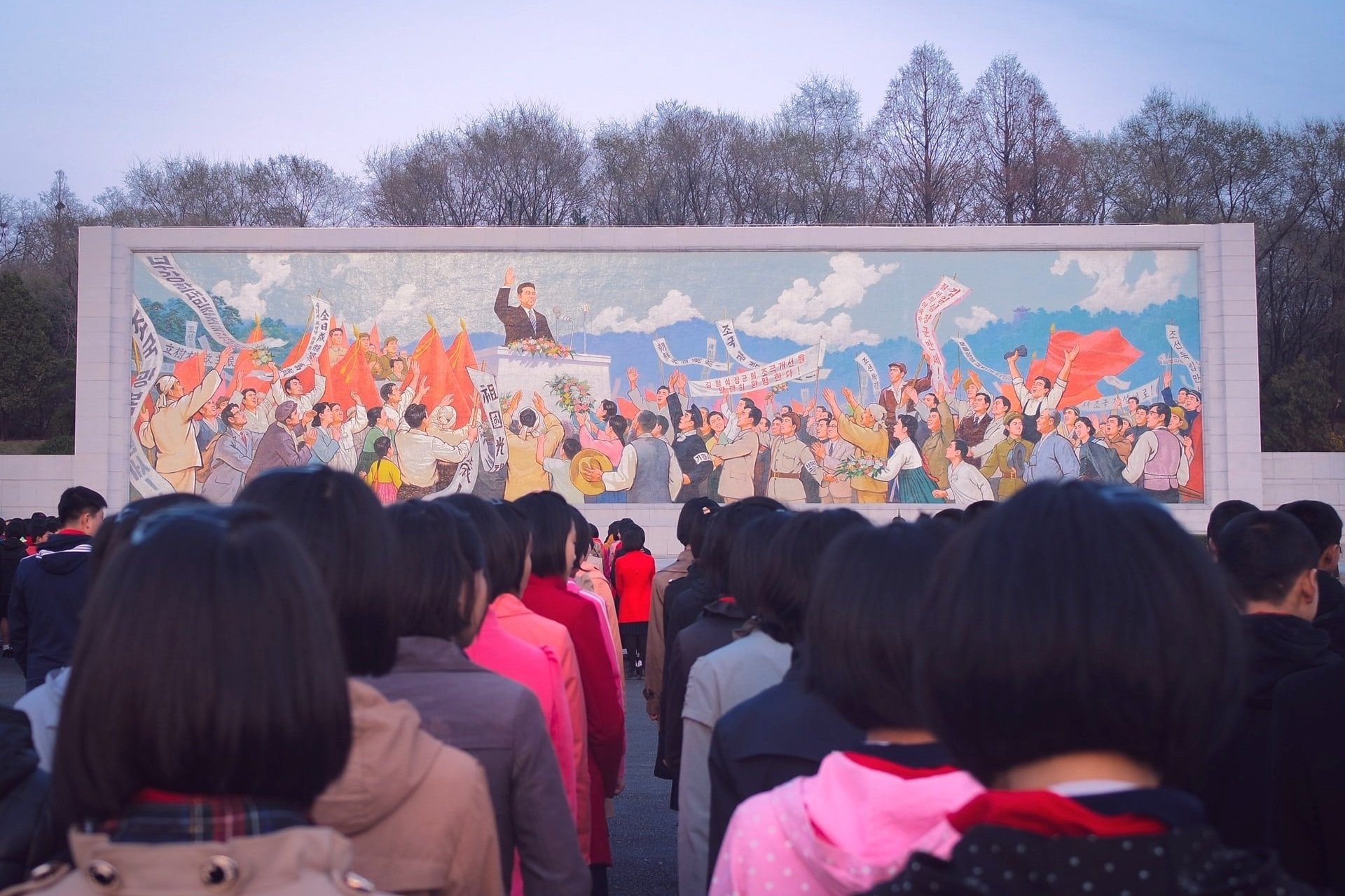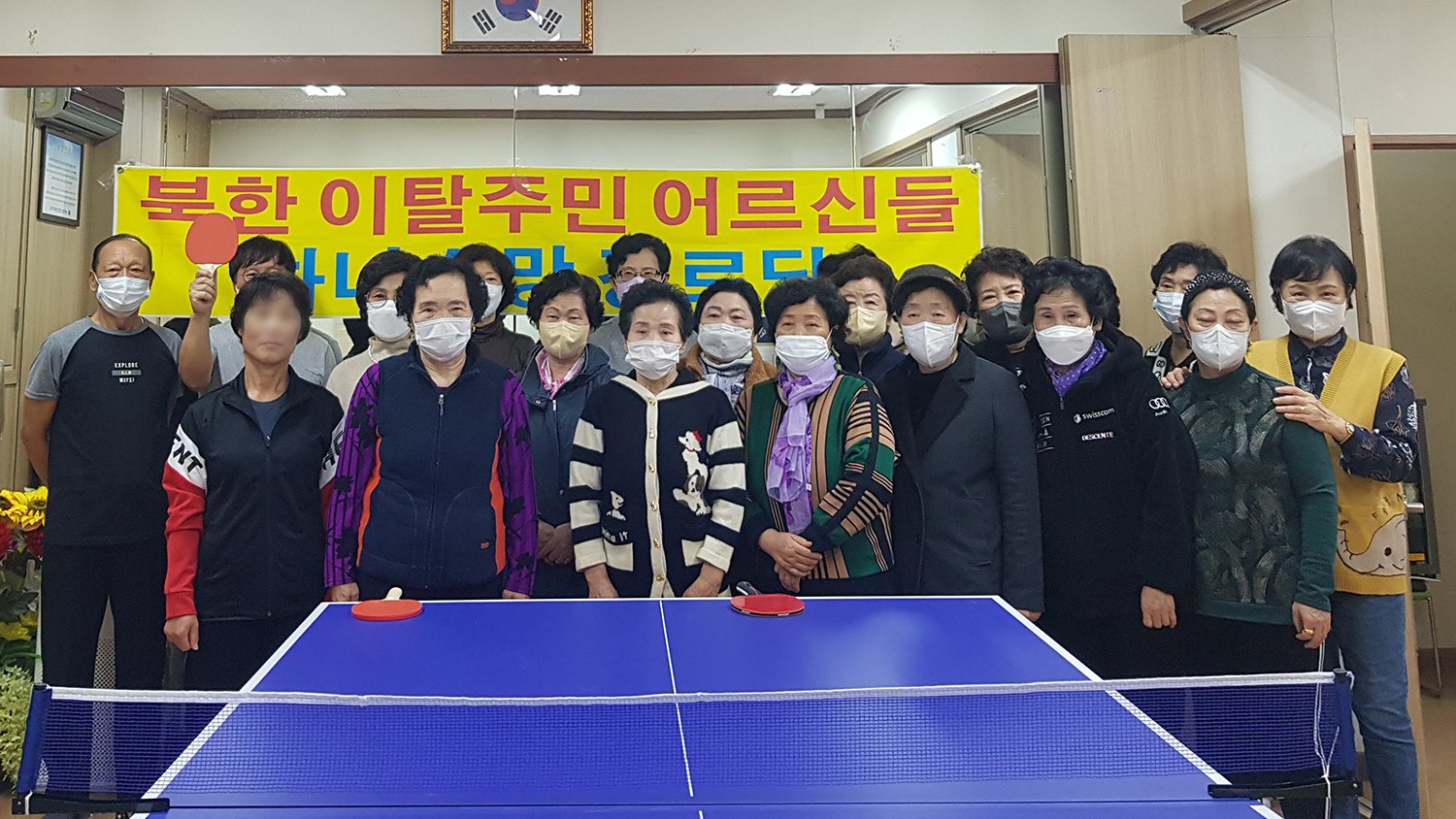Looking across the water at North Korean farmland from South Korea
NEW FAMINE STRIKES AS NORTH KOREAN FAMILIES STARVE TO DEATH
Latest reports and interviews gathered in North Korea suggest the country is facing the worst food crisis since the 1990s due to a shortage of supplies amid border closures during the pandemic and Kim Jong-un choosing to invest in developing nuclear weapons.
Pyongyang had always relied on importing grains, fertilizers and machinery from China to feed its 26 million citizens and recently fortified borders have made it impossible for people to smuggle in food to sell at black markets.
“At first, I was afraid of dying from COVID-19, but then I began to worry about starving to death,” described a construction worker, who claimed that food supplies were so low that five people from his village had already starved to death.
A resident from Pyongyang told the BBC that she heard of people who killed themselves at home or disappeared into the mountains to die in their sleep because they could no longer make a living.
North Korea economist, Peter Ward, expressed concerns that “middle-class people are seeing starvation in their neighborhoods.”
The government used the past three years to pass new laws to further control people’s lives, particularly in relation to defection. A resident commented that “If you even approach the river now you will be given a harsh punishment, so almost nobody is crossing,” while another said, “We are stuck here waiting to die.”
Source:
KIM JONG-UN BANS SUICIDE AS NORTH KOREANS CHOOSE TO END THEIR LIVES
North Korean leader, Kim Jong-un, defined suicide as an “act of treason against socialism” and secretly issued a suicide prevention order during an emergency meeting with party leaders after media outlets revealed that families committed suicide due to hunger and poverty.
An official mentioned that there were 35 known suicide cases in Chongjin and nearby Kyongsong county this year alone, most of which involved whole families ending their lives together.
According to the South Korean National Intelligence Service, suicides in North Korea had risen by about 40 percent compared to last year.
Violent crimes in North Korea are also on the rise as people struggle under extreme hardships.
Source:
NORTH KOREA VOWS TO FULLY SUPPORT RUSSIA AGAINST UKRAINE
Kim Jong-un pledged to “hold hands” with Russia’s Vladimir Putin in a message to Moscow marking Russia’s National Day.
Kim defended Putin’s stance in the Russia-Ukraine war, stating that “Justice is sure to win and the Russian people will continue to add glory to the history of victory.”
The North Korean leader sought to deepen ties between the two countries after calling for “closer strategic cooperation” in their common aim to build “a powerful country.”
Pyongyang has been accused of providing weapons to Russia in exchange for food in violation of security council sanctions. Reports also suggested that North Korean workers were sent to Russian-occupied Ukraine to help in construction.
Source:
USS Michigan, a nuclear-powered submarine, approaches a naval base in Busan, South Korea, Friday, June 16, 2023. (Source: Gang Duck-chul/Yonhap via AP)
NORTH KOREA TALKS DEFENSE STRATEGIES AS U.S. SENDS SUBMARINE TO SOUTH KOREA
According to state media reports, Kim Jong-un attended a Workers’ Party’s Central Committee meeting to discuss improving the country’s struggling economy and reviewing defense strategies to “cope with the changed international situation.”
The Committee convened the plenary meeting after the U.S. sent a nuclear-powered submarine to South Korea.
Pyongyang denounced the U.S. and South Korea for their joint military exercises, which were labeled by the North as invasion rehearsals.
Meanwhile, North Korea used the U.S.-South Korean drills as a pretext to develop its own weaponry, including test-firing around 100 missiles since the start of 2022.
Source:

















































